Farmers suffer Rs1.26tr blow
Agri-sector on verge of collapse in wake of govt indifference, policy failures
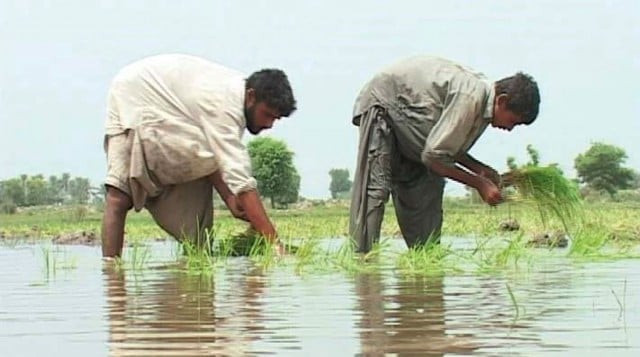
A troubling trickle-down effect is unfolding across Pakistan's agricultural landscape, where a mix of government apathy, flawed policies and unchecked input costs is pushing the sector towards collapse.
Once considered the backbone of the country's economy, agriculture, especially cotton, is showing signs of irreversible decline, with millions of farmers suffering unprecedented losses. What began with a crisis in wheat and maize has now extended to cotton, vegetables and fruits, exposing deep-rooted policy failures and the lack of state intervention.
According to official data for January-June 2025, Pakistani farmers endured collective losses of over Rs1.26 trillion. The most significant blows came from rice and maize, together accounting for a staggering Rs1 trillion in damages. Export figures paint an equally grim picture – a drop of over $1 billion in total agro-export value compared to the same period in 2024. Among export volumes of major crops, maize fell by 70%, banana by 69%, mango by 40% and onion and garlic by 31%.
The harvest of cotton, a critical crop for Pakistan's textile sector, has gone down by 30.7%, according to the Economic Survey 2024-25, underscoring its worst performance in a decade. This steep fall forced the country to import 854,263 metric tons of ginned cotton in just six months at a cost of $1.66 billion.
Yet, despite this financial haemorrhage, local farmers remain unsupported. Early PCGA (Pakistan Cotton Ginners Association) figures confirm only 1.3 million bales have reached ginning factories so far this year, a sharp decline from past seasons. Heavy rainfall in Sindh and Punjab has devastated fields and fibre quality, further threatening an already crippled cotton industry.
Progressive farmer Shahid Jutt from Vehari said that they were already struggling with poor returns and now climate change has turned against us. "But the real damage is from the system – no price support, no subsidies and no planning," he added.
The cotton price, standing at Rs5,500-6,000 per maund in 2010-11 when the dollar was at Rs85, equated to around $70. Today, despite a nominal rise to Rs7,600 per maund, the dollar equivalent has dropped to just $27 due to currency depreciation.
Meanwhile, input costs have surged more than fourfold, with fertiliser, diesel and electricity becoming unaffordable for many small and medium-scale farmers.
Fertiliser offtake has dropped drastically – 29% for nitrogen and 15% for phosphates – simply because farmers cannot afford the recommended doses. Farmers are applying fewer nutrients, resulting in lower yields and further income losses.
In vegetable production, prices have crashed. Onion growers, for instance, saw a price drop of over 55%, leaving thousands of smallholders on the brink of financial ruin.
Agricultural economist Dr Imran Awan said that this is not just a bad year, it's a culmination of years of negligence. "Government budgets continue to ignore pressing needs of the agriculture sector. Research, extension services and seed development have been left to die. Climate change is hitting us hard, but we are not investing in resilience or planning for contingencies."
In the early 2010s, Pakistan's cotton sector was thriving, with annual output between 11.7 and 14.8 million bales. Cotton exports during that time reached 1.1 million bales and imports were minimal. Fast forward to 2025 and cotton production is hovering below 7.5 million bales. This year, with rain-damaged fields and substandard fibre, output may even drop below 4 million bales, while imports continue to cross 5 million bales, despite many textile mills working below capacity or even shutting down.
Input costs have surged uncontrollably. Diesel, essential for farm machinery, is now priced at Rs284 per litre. Electricity for irrigation has become a luxury, costing over Rs42 per unit, while farmers in neighbouring countries benefit from subsidised or free electricity for agricultural use. This cost imbalance is crushing Pakistan's competitiveness in the regional market.
Pakistan Kissan Itehad President Khalid Mahmood Khokhar said that farmers are working harder than ever before but are being punished with shrinking profits and soaring costs. "Fertiliser is unaffordable, diesel eats up our earnings and there's no relief in sight. This crisis began when wheat support price was ignored, which demotivated farmers. Now cotton is suffering and the government remains silent," he said.
PKI called for undertaking urgent reforms, including improved investment in agricultural R&D and seed technology, regulated input prices and the formation of an independent price and commodity export commission to ensure fair pricing and manage exports based on domestic supply. It also demanded a nutrient-based subsidy system for phosphatic and potassic fertilisers to ease farmers' financial burden.



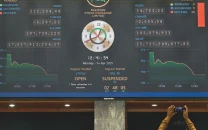
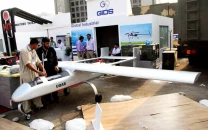


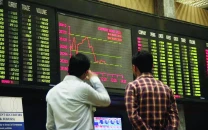





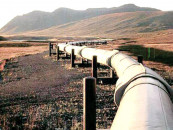








COMMENTS (1)
Comments are moderated and generally will be posted if they are on-topic and not abusive.
For more information, please see our Comments FAQ